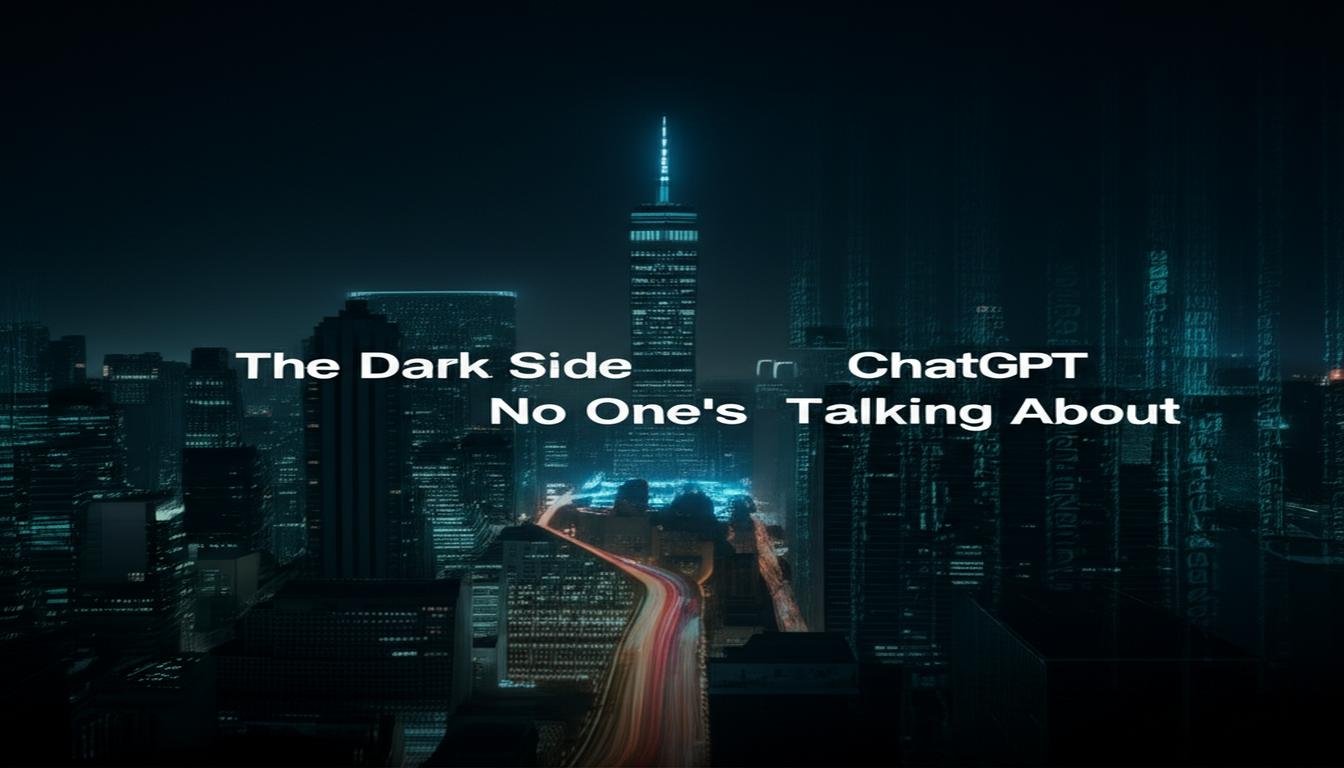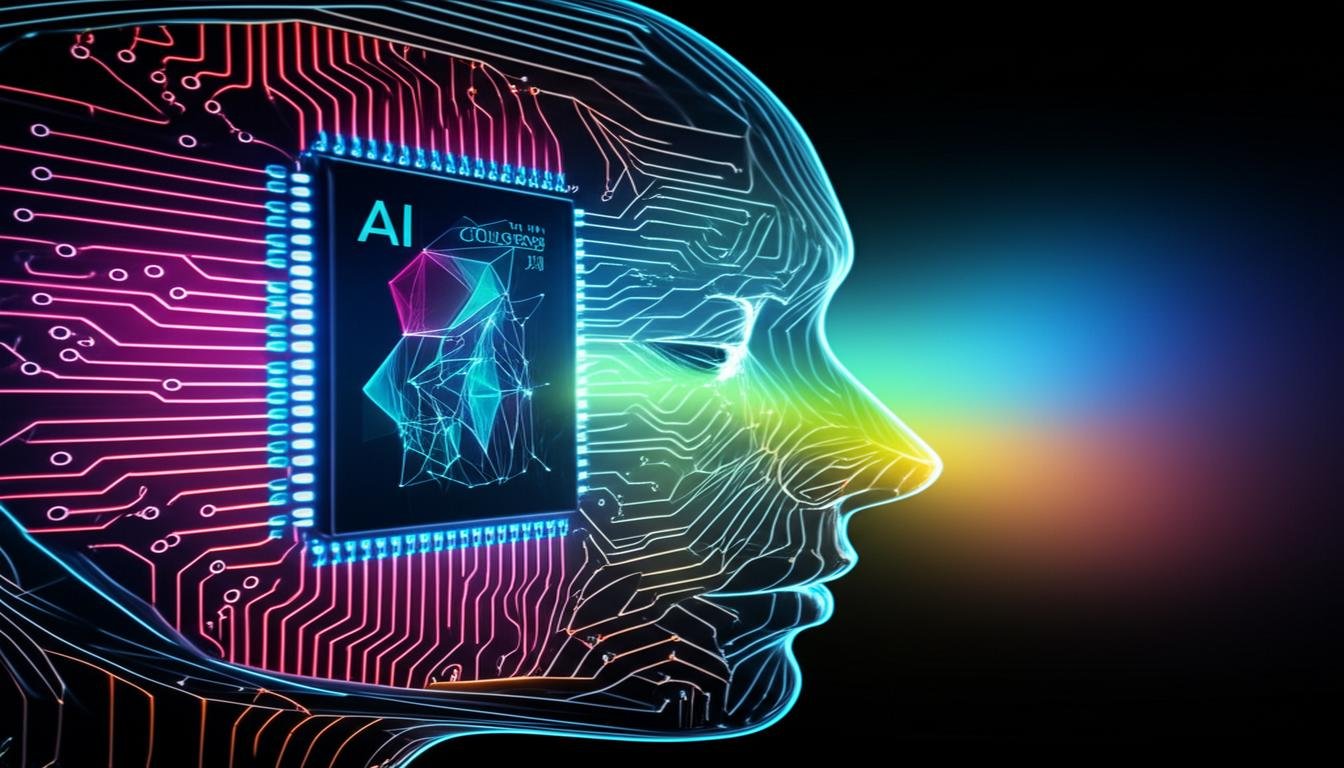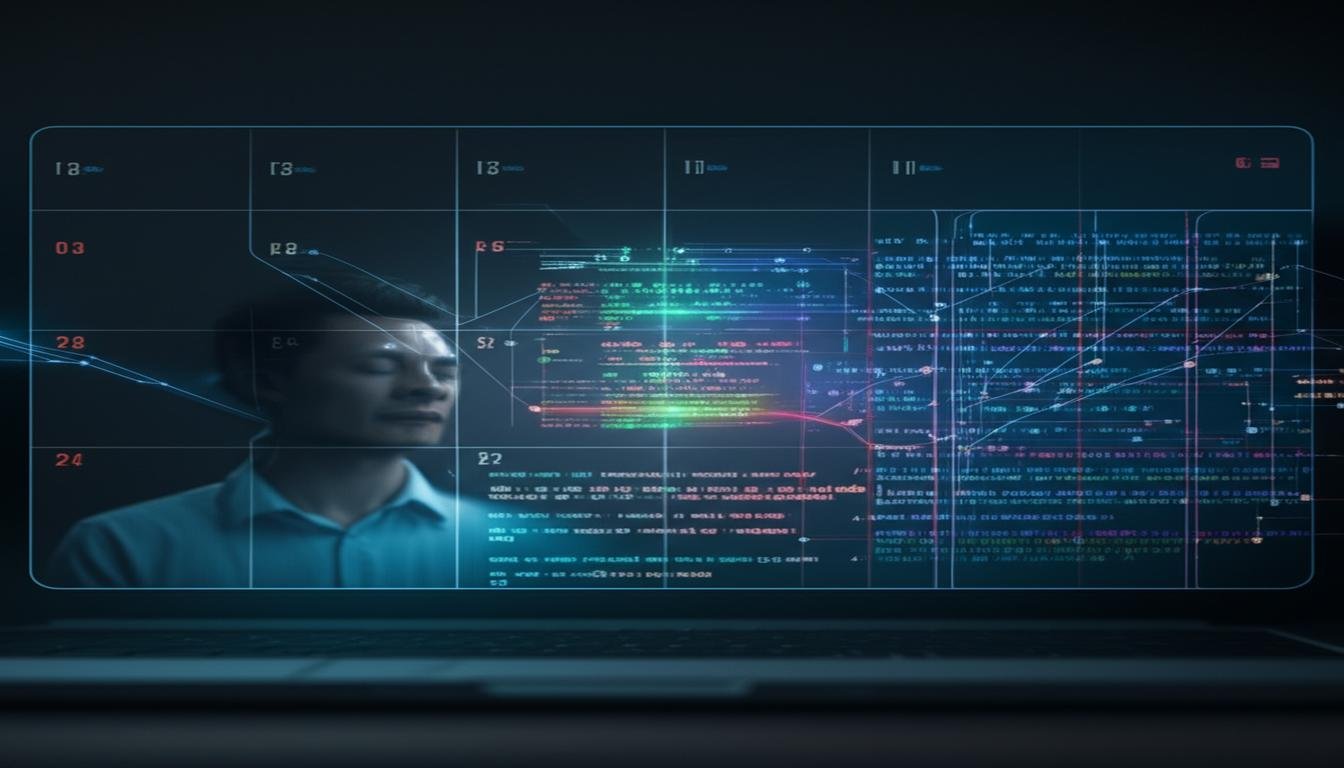The Dark Side of ChatGPT No One’s Talking About
Remember when ChatGPT burst onto the scene? It felt like magic, right? Suddenly, writing emails, brainstorming ideas, or even debugging code became incredibly easy. For many, it’s been a game-changer, a fascinating peek into the future of artificial intelligence. But while we’re all busy marveling at its capabilities, there’s a quieter, more concerning conversation we need to have. Beneath the surface of this shiny new tool, there are some pretty significant downsides that aren’t getting nearly enough attention.
It’s not about fear-mongering; it’s about being aware. Because like any powerful technology, ChatGPT has a dark side, and understanding it is crucial for navigating our increasingly AI-powered world responsibly.
Beyond the Hype: Unpacking the Hidden Costs
The Quiet Erosion of Skills
This might sound a bit dramatic, but hear me out. When you have an AI assistant that can instantly generate well-structured essays, summarize complex articles, or even solve math problems, what happens to our own brains? We start to rely on it. A lot. The more we lean on AI to do our critical thinking, problem-solving, and creative heavy lifting, the less we might be exercising those muscles ourselves.
Think about students. If they can get an AI to write their report, are they truly learning how to research, synthesize information, or develop their own unique arguments? For professionals, does constant AI assistance stifle innovative thought or just make us proficient at prompting, rather than truly originating new ideas? It’s a subtle shift, but one with long-term consequences for our collective intellectual capacity.
A Breeding Ground for Bias and Misinformation
ChatGPT learns from the internet, and the internet, as we know, is a messy place. It’s filled with human biases, inaccuracies, and sometimes outright falsehoods. So, when the AI processes this vast ocean of data, it inevitably absorbs these flaws.
This means ChatGPT can:
- Perpetuate stereotypes: If its training data shows certain professions or characteristics associated with specific genders or races, the AI might unconsciously reflect that bias in its responses.
- “Hallucinate” facts: Yes, it makes things up. ChatGPT can confidently present incorrect information or non-existent sources as fact. It doesn’t “know” the truth; it predicts the most statistically probable next word, which can lead to incredibly convincing but completely false statements.
- Amplify misinformation: Because it generates plausible-sounding text, it can inadvertently become a powerful tool for creating and spreading fake news, propaganda, or misleading narratives at an unprecedented scale.
Verifying information becomes more vital than ever, but how many people will take the extra step when the AI sounds so convincing?
Job Market Jitters: More Than Just Automation
We’ve been talking about automation replacing jobs for decades. But ChatGPT and similar generative AI models are different. They’re not just replacing repetitive manual tasks; they’re encroaching on roles previously thought to be safe: writers, editors, graphic designers, coders, customer service representatives, and even some types of analysts. The concern isn’t just about jobs disappearing, but about the quality and value of human work being devalued.
If a client can get a decent article for pennies from an AI, why pay a human writer a fair wage? This could lead to a “race to the bottom” where the unique skill, creativity, and nuanced understanding that humans bring are overlooked in favor of speed and cost-efficiency.
The Ethical Minefield of Data and Privacy
When you interact with ChatGPT, you’re inputting data. Are you comfortable with that data being used to further train the model? What about sensitive information, personal details, or proprietary company data? The terms of service often allow for this, but many users aren’t fully aware of the implications.
There are also huge questions around intellectual property. Who owns content generated by AI? If ChatGPT remixes existing work, how do we protect original creators? These are complex legal and ethical quandaries that are still largely unresolved, leaving a lot of uncertainty in their wake.
A Heavy Footprint: The Environmental Cost
Here’s one that often gets completely overlooked: the environmental impact. Training and running large language models like ChatGPT require an astronomical amount of computing power. This means massive data centers consuming vast amounts of electricity, much of which still comes from fossil fuels. We’re talking about a significant carbon footprint. As these models become more sophisticated and widely used, their energy demands will only skyrocket, contributing to climate change in a way few are discussing.
What Can We Do? Navigating the Shadows
Acknowledging these challenges isn’t about rejecting AI; it’s about using it wisely. We need to:
- Cultivate critical thinking: Always question, verify, and understand the source of information, whether it comes from a human or an AI.
- Embrace human-centric skills: Focus on unique human qualities like empathy, complex problem-solving, nuanced creativity, emotional intelligence, and interpersonal communication – things AI can’t genuinely replicate.
- Demand transparency: Push for more clarity on how AI models are trained, what data they use, and how our interactions contribute to their development.
- Advocate for ethical AI development: Support policies and practices that prioritize fairness, privacy, and environmental sustainability in AI.
ChatGPT is an incredible tool, but like any tool, it can be misused or have unintended consequences. The “dark side” isn’t an immediate catastrophe, but a series of gradual shifts that, if ignored, could reshape our society in profound ways. It’s on us – as users, creators, and citizens – to understand these hidden costs and ensure we steer this powerful technology towards a future that truly benefits everyone, without sacrificing our skills, integrity, or our planet.









